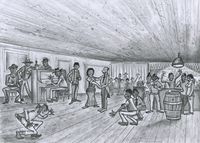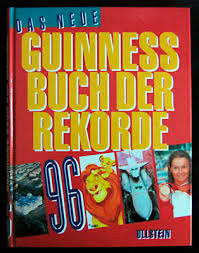The origin of Boogie Woogie Music
Around 1850, railroad construction spread to America, with heavy use of African-American workers. These escaped the enormously hard everyday life in their camp barracks, the so-called Barrelhouses, in which often a turpentine barrel was converted to the liquor barrel and gave the barrack thereby the name. Sometimes there was also a piano.
This was played loudly and stomping as a „barrelhouse stomp“ and is considered the forerunner of Boogie Woogie, which experienced its absolute climax in 1938/39 in the Carnegie Hall in New York at the legendary concerts „from spirituals to swing“ with the pianists Albert Ammons (1907-1949), Meade Lux Lewis (1905-1964) and Pete Johnson (1904-1967), who still influence the style today.
However, it took 70 years for the boogie woogie piano to develop in its peak form on the 88 keys:
For the emergence of the blues, literature cites the era around the turn of the century, although the development goes back centuries. The decisive influence of the blues on boogie woogie is the same time signature (twelve-bar form) and the famous „blue note“ melody phrases.
At the same time, ragtime emerged as an independent American piano style, characterized by note specification and the left hand jumping back and forth, thus playing the bass, the accompanying chord and the rhythm at the same time. Thus, this demanding playing technique had a decisive influence on Boogie Woogie - later, the „stride piano“ style developed from ragtime, which, in contrast to ragtime, also allows improvisations. Recording-wise, the „Cow Cow Blues“ by Charles Edward „Cow Cow“ Davenport (1894-1955) is documented as a link between ragtime piano and the later boogie woogie style.
A hundred years after the first officially named boogie woogie tune of 1928, „Pinetop‘s Boogie Woogie“ by Clarence Pinetop Smith (1904- 1929), each pianist passionately cultivates his or her personal style; the form and fascination of boogie woogie remain.
What Otis Spann (1924-1970), one of the greatest Chicago blues pianists of all time, said in his fantastic song „The Blues Never Die“ is also true of boogie woogie: this music will never die ...
„The Origin of Boogie Woogie Music“ was written in cooperation with the expert boogie woogie and blues lover Hans-Jürg Gerber / Drawn by: Charlie Weibel








